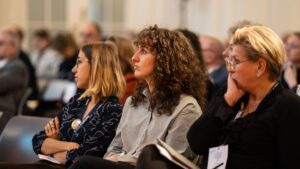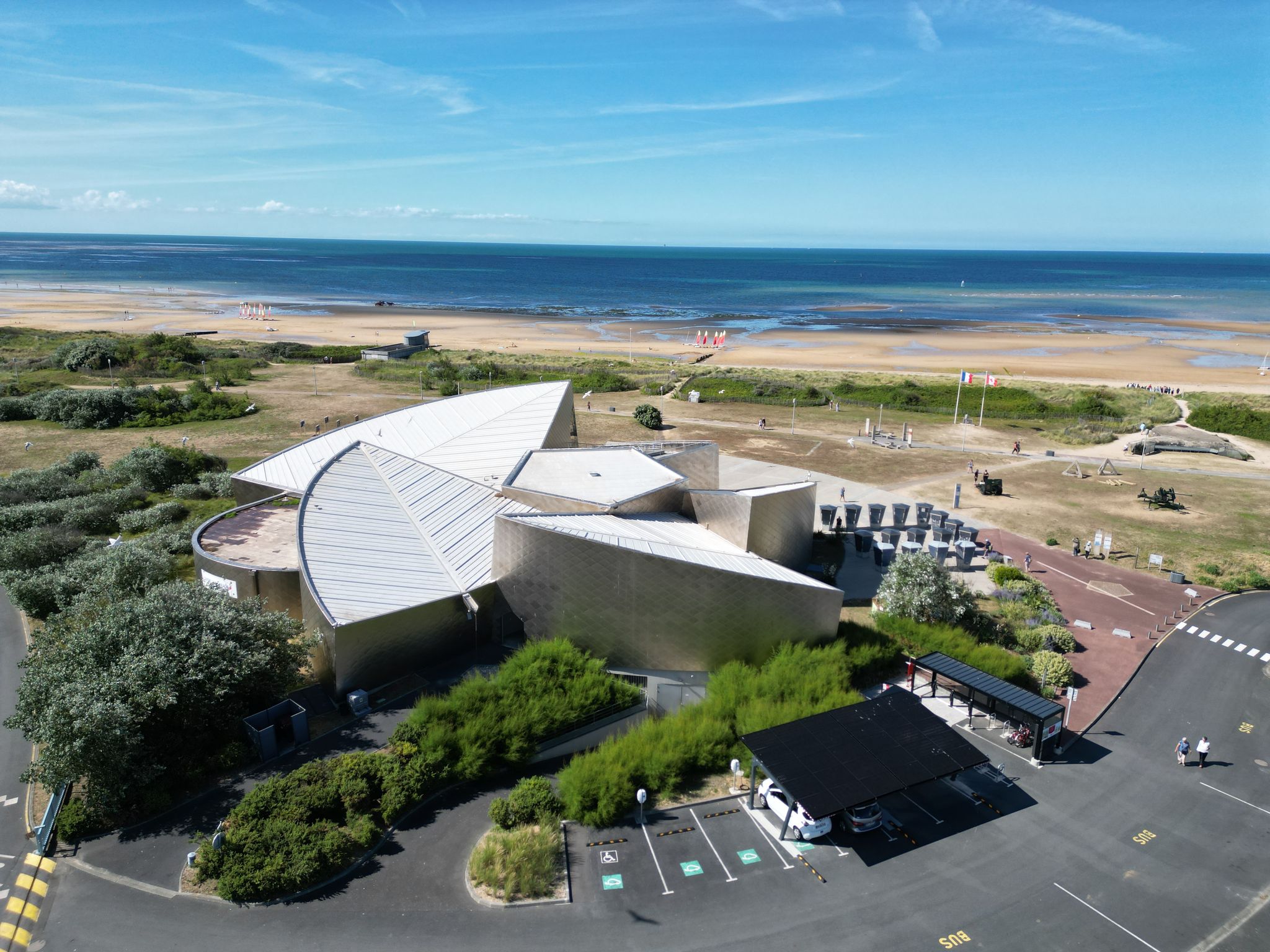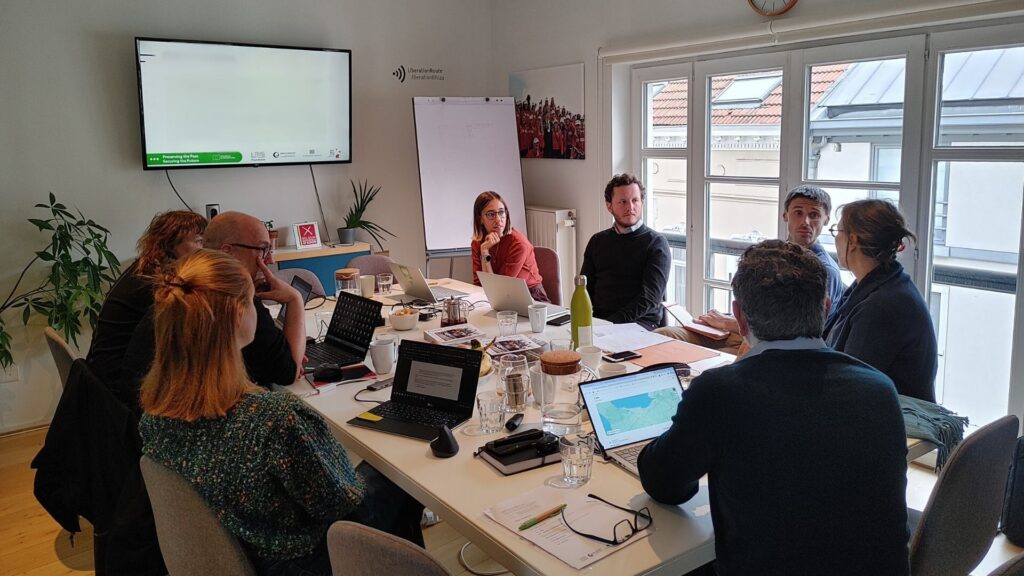
A Sustainable Approach to Cultural and Remembrance Heritage
The project “Preserving the Past, Securing the Future: A Sustainable Approach to Cultural and Remembrance Heritage” aims to develop and encourage sustainable practices among stakeholders within the cultural heritage and remembrance tourism sectors, specifically relating to World War II heritage. The project provides LRE Foundation members and partners with relevant information, training and tools to better understand what sustainable practices are possible and how to integrate these into their own organisations.

As a sector with a high impact on the environment, tourism must evolve to reduce its negative impacts and meet the needs of more responsible and engaged travellers. LRE Foundation embraces this shift as an opportunity to deepen our commitment to sustainability through our work in cultrual heritage and remembrance tourism. Furthermore, we want to support our network of members and partners in creating a positive change within the sector.
As a network of people and organisations dedicated to preserving World War II cultural heritage, its memory and meaning, we have a responsibility to be engaged in tackling climate change. Just as we remember those who fought for freedom during World War II, the challenge of its time, now as actors of World War II remembrance we must fight the challenges we face today, namely climate change and social inequality.
The cultural heritage sector tells how societies have adapted and thrived over time, of resilience, adaptation, and cooperation. This makes it a natural fit for leading responsible change through sustainable strategies to adapt to a changing world. With this project, we share stories of change—and drive it forward: preserving the past, securing the future!
“Preserving the Past, Securing the Future” seeks to enhance awareness, skills, and knowledge of sustainable development and sustainable tourism practices among professionals in the sector. It aims to establish a strong foundation for fostering an interactive community of practice that will promote sustainable cultural and remembrance heritage through cooperation and knowledge sharing.
The project includes initial research and analysis into the sector’s current situation regarding sustainability knowledge and practices on economic, environmental and socio-cultural levels. This is followed by tailored E-learning modules, study visits, capacity building workshops, collaborative peer learning, mentoring opportunities, and public conferences. The project simultaneously raises awareness of our need to act whilst providing stakeholders with the tools to do so. This project places a strong focus on education as a driver of change, making sustainability relevant and accessible through the provision of insightful activities, quality resources, and existing good practices.
The final output of the project will be a Report on Sustainable Tourism Practices, collating the information and experiences learned throughout the project together with recommendations for policies and practices to foster sustainability in the sector.


This project is funded by the European Union’s Creative Europe programme. This invests in initiatives that reinforce cultural diversity and address the needs of the cultural and creative sectors. Its key objectives are to safeguard and promote European cultural heritage and to enhance the competitiveness and economic potential of these sectors. The programme introduces innovations to support recovery efforts, focusing on making these industries more inclusive, digital, and environmentally sustainable. These actions are crucial for strengthening cultural diversity and adapting to modern challenges.
Juno Beach Centre is Canada’s leading Second World War Museum and cultural center located in Normandy, France. It aims to pay homage to the 45,000 Canadians who lost their lives during the War, many of them on Juno Beach and in Normandy. The center provides exhibitions, guided tours and educational activities. Since 2020, the center has developed a sustainable development strategy. Its practices serve as a good practices model for enhancing organisations’ sustainable engagement with social, economic, and environmental dimensions. To find out more about the Centre’s work on sustainability visit: Sustainable Development : Juno Beach Centre
Fondazione Campus offers degree courses in tourism science in Lucca, Italy in conjunction with the University of Pisa, Pavia and Italian speaking Switzerland. The Study and Research Centre holds relevant research on the effects of tourism and sustainability, with focuses on areas such as cultural heritage, and combines academic expertise with consultancy activities. Its innovative approaches to governance and sustainability offer valuable insights to the project.
Mascontour is a consulting agency located in Berlin, Germany, specialising in sustainable and resilient tourism. The agency creates expert-led and e-learning modules and provides full support throughout implementation through their expansive knowledge and experience on the topic. Their participatory approach ensures quality trainings, impactful outcomes and innovative solutions for advancing sustainable tourism practices.
For more news about the LRE Foundation you can access the archives.
Receive our newsletter